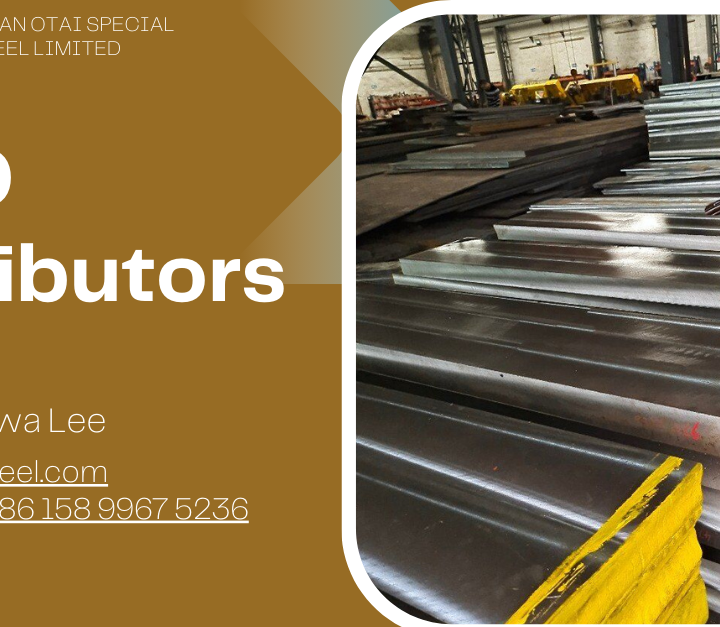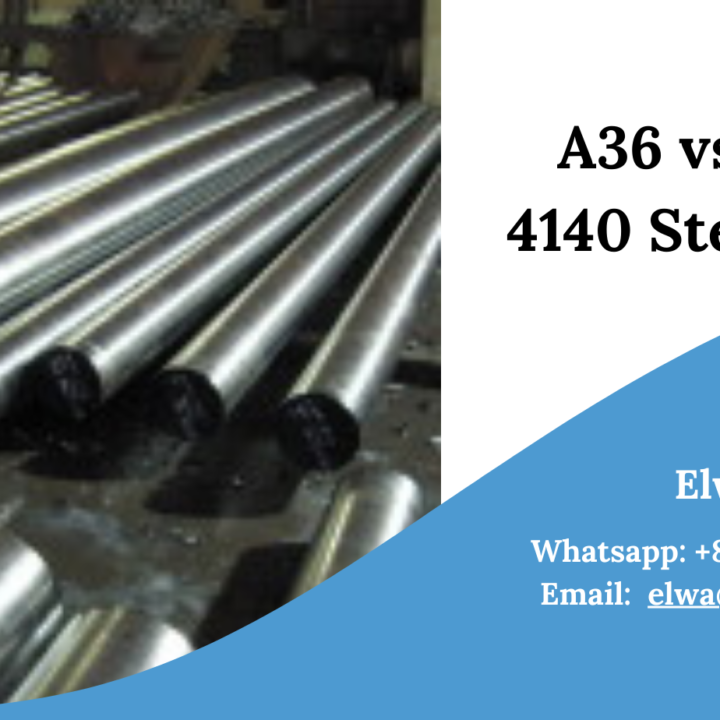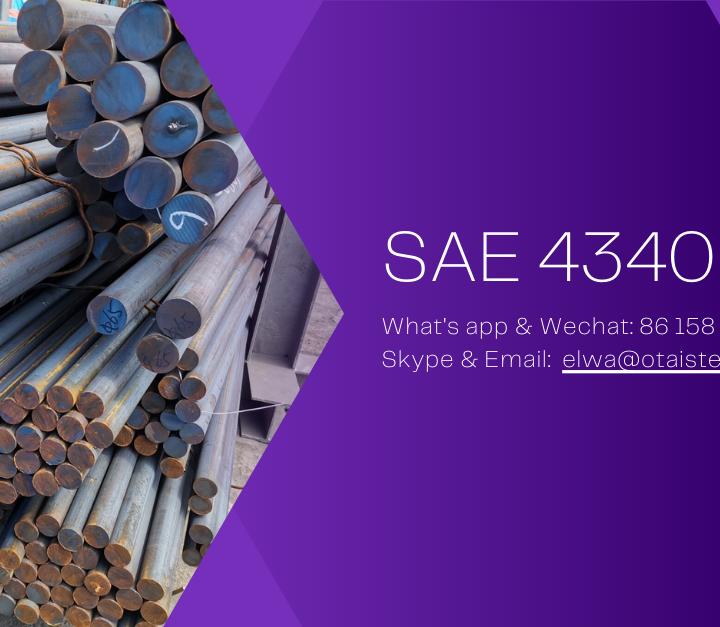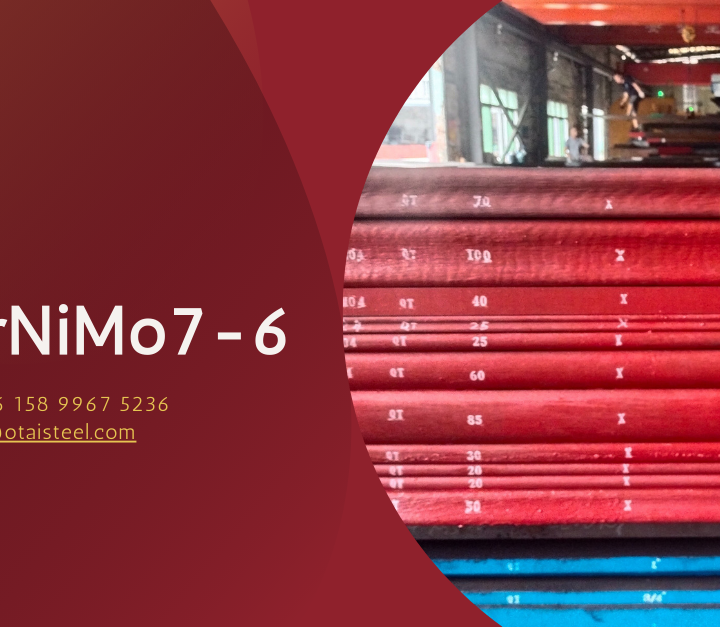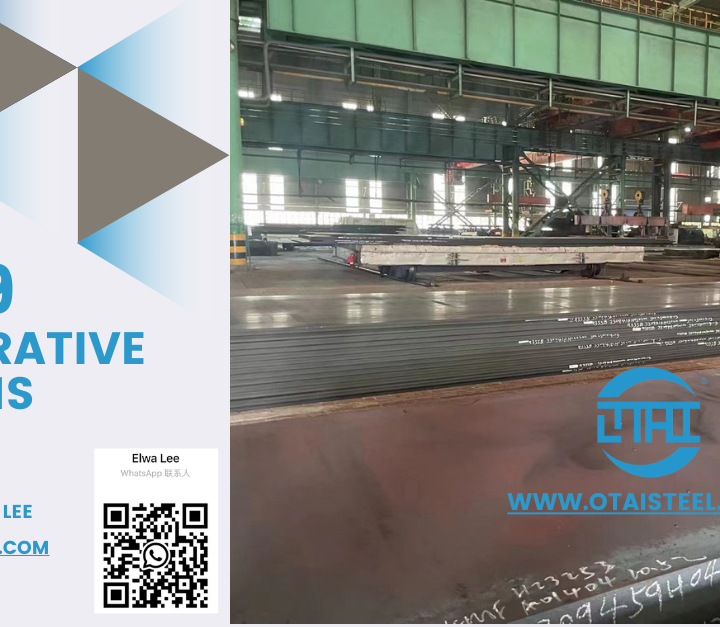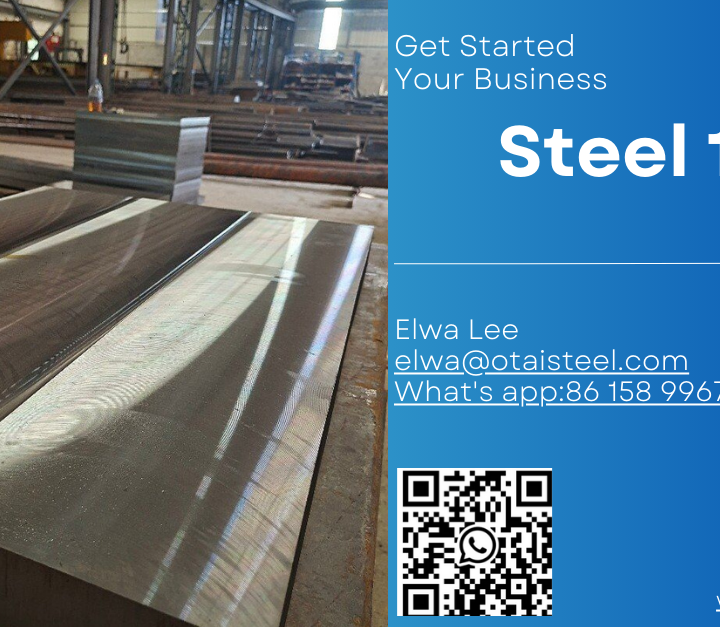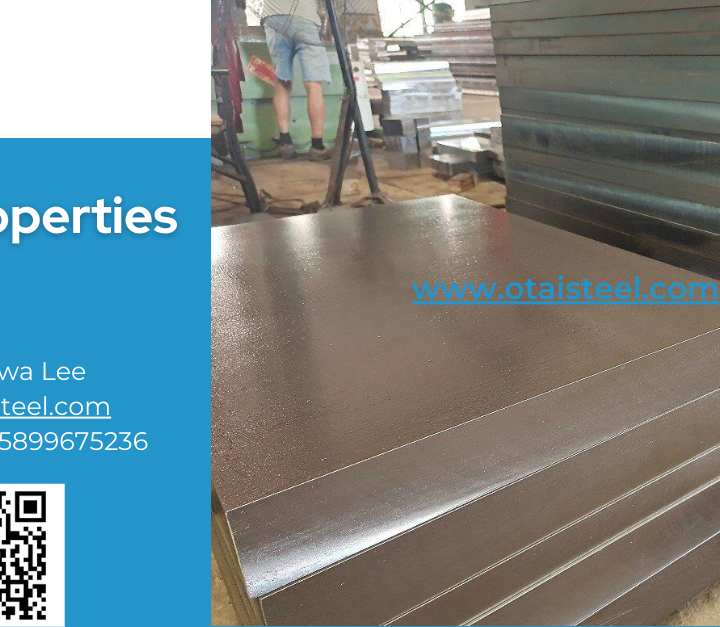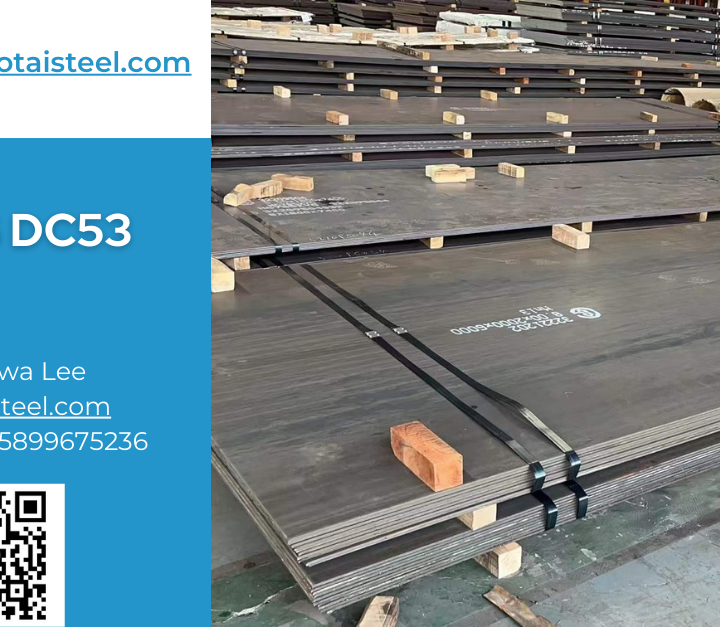Introduction
When it comes to selecting materials for various industrial applications, the 1020 steel tube stands out as a reliable and versatile option. Whether you’re in the automotive industry, construction, or machinery manufacturing, understanding the properties, standards, and pricing of 1020 steel tubes is crucial for making informed decisions. In this guide, we’ll dive deep into what makes 1020 steel tube a popular choice and how you can source the best suppliers.
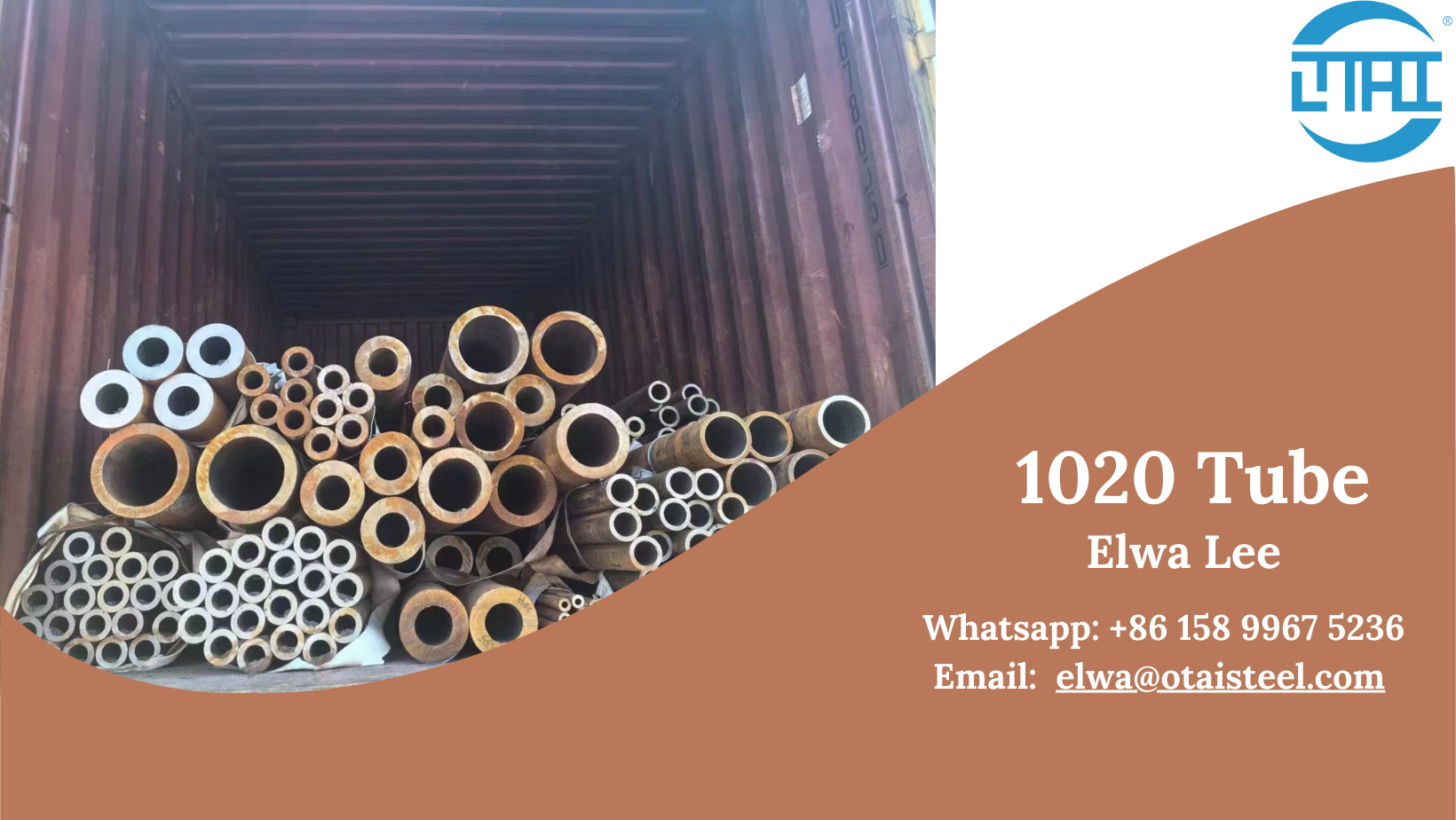 What is 1020 Steel Tube?
What is 1020 Steel Tube?
1020 steel tube, also known as mild carbon steel, is a low-carbon steel with a nominal carbon content of 0.20%. This type of steel is known for its excellent machinability and weldability, making it a preferred choice in various industries. Compared to other steel tubes, 1020 offers a balance between strength and ductility, which is ideal for applications requiring precise dimensions and smooth finishes.
Chemical Composition
Understanding the chemical composition of 1020 steel tube is essential for appreciating its properties and performance. The primary elements in 1020 steel include:
- Carbon (C): 0.18-0.23%
- Manganese (Mn): 0.30-0.60%
- Phosphorus (P): 0.04% max
- Sulfur (S): 0.05% max
The relatively low carbon content provides 1020 steel with good weldability and machinability, while manganese improves its strength and hardness.
Mechanical Properties
The mechanical properties of 1020 steel tube are key to its performance in various applications. Here are the primary properties:
- Tensile Strength: 394-551 MPa
- Yield Strength: 294 MPa
- Hardness: 111 HB (Brinell Hardness)
These properties make 1020 steel tube suitable for applications requiring moderate strength and good ductility.
Standards and Specifications
When sourcing 1020 steel tube, it’s important to ensure it meets recognized standards and specifications. Common standards include:
- ASTM A513: Standard specification for electric-resistance-welded carbon and alloy steel mechanical tubing.
- ASTM A519: Standard specification for seamless carbon and alloy steel mechanical tubing.
Adhering to these standards ensures the quality and reliability of the steel tube, which is crucial for any industrial application.
Manufacturing Process
The manufacturing process involves several steps to ensure its quality and performance:
Raw Material Selection: High-quality raw materials are selected to meet the desired chemical composition.
Melting and Refining: The raw materials are melted and refined to achieve the correct chemical composition.
Forming: The steel is formed into tubes using either seamless or welded methods.
Heat Treatment: The tubes undergo heat treatment to achieve the desired mechanical properties.
Finishing: The tubes are finished to meet specific dimensional and surface quality requirements.
Quality Control: Rigorous quality control measures are applied to ensure the tubes meet the required standards.
Common Applications
Due to its balanced properties, 1020 steel tube is used in a variety of applications:
- Automotive Industry: Used in the manufacturing of parts such as steering components and axles.
- Construction: Ideal for structural applications, such as frameworks and supports.
- Machinery and Equipment: Commonly used in the production of mechanical parts and equipment.
Advantages of Using 1020 Steel Tube
There are several advantages:
- Durability and Strength: Offers good strength and toughness, making it suitable for a wide range of applications.
- Cost-Effectiveness: Affordable compared to higher-grade steels, providing good value for money.
- Versatility: Can be used in various industries due to its balanced properties.
How to Source the Best Suppliers
Finding the right supplier is crucial for ensuring quality and reliability. Here are some tips:
- Reputation: Look for suppliers with a strong reputation for quality and reliability.
- Certifications: Ensure the supplier has the necessary certifications, such as ISO 9001.
- Customer Reviews: Check customer reviews and testimonials to gauge the supplier’s performance.
- Support and Service: Choose suppliers who offer excellent customer support and after-sales service.
